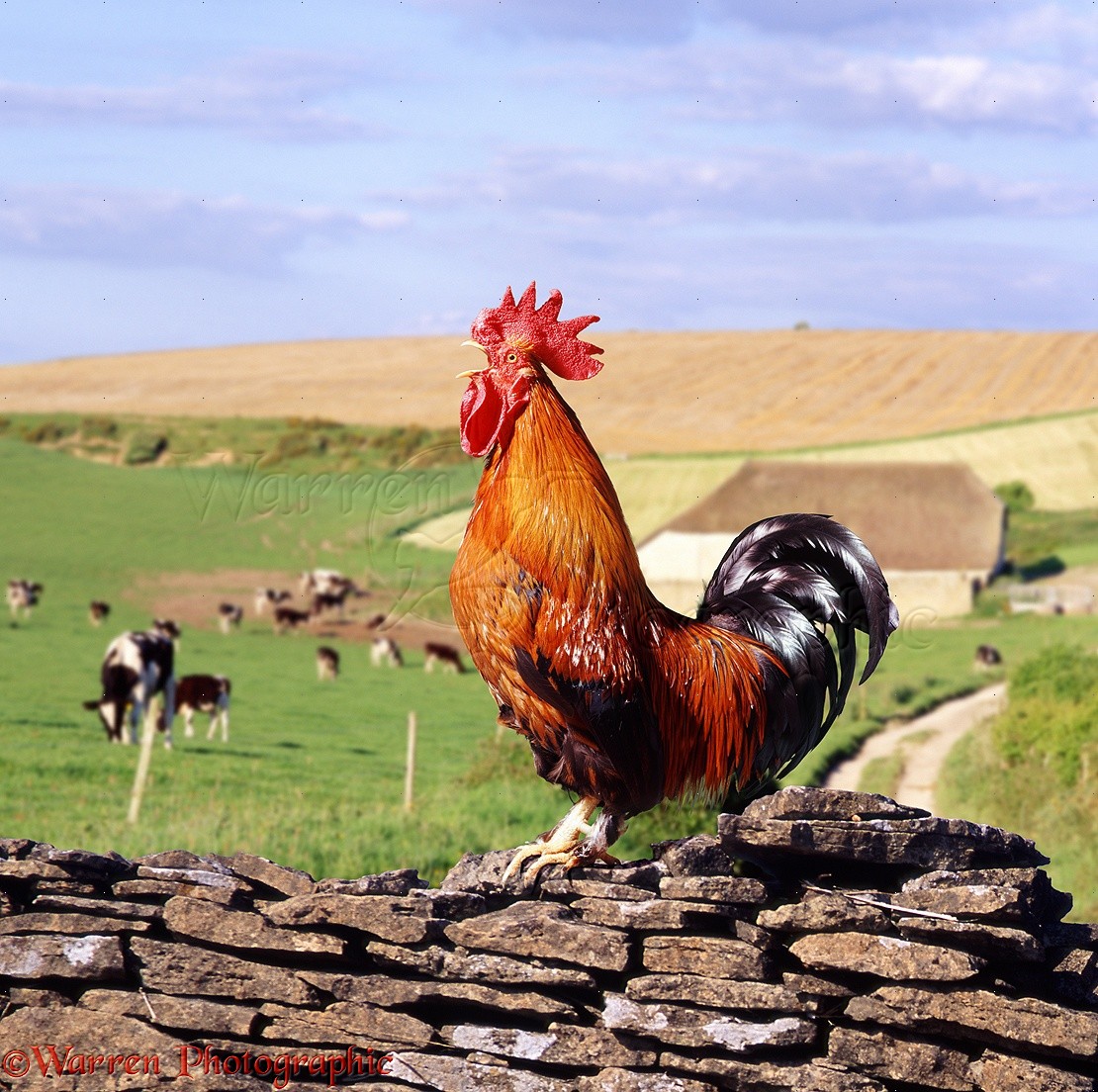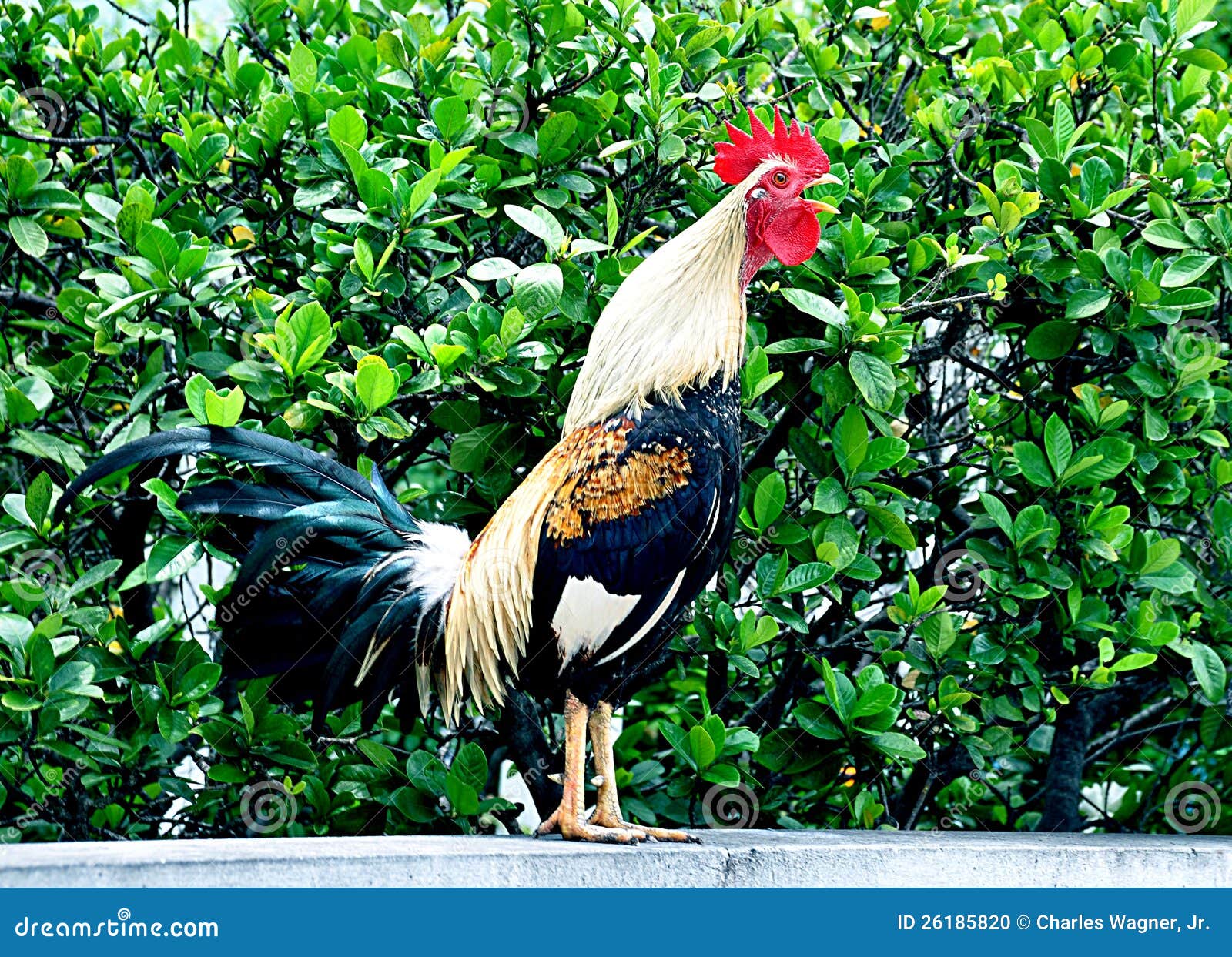Why Roosters Crow: Causes, Sounds & Solutions - Your Guide
Why do roosters crow, and what secrets do their dawn serenades hold? The rooster's crow, a familiar sound of rural life, is far more complex than a simple morning greeting.
For generations, humans have been captivated by the enigmatic crow of the rooster. This sound, a vibrant proclamation echoing through the morning air, has sparked curiosity, frustration, and even inspiration. Beyond its role as a biological alarm clock, the crow serves many purposes. This article will delve into the multifaceted world of rooster vocalizations, exploring the reasons behind their crowing, the nuances of their language, and methods to manage this often-unpredictable behavior.
The persistent question remains: why do roosters crow? The answers are as varied as the individuals themselves. While the crow is often associated with the break of day, it's not limited to the morning hours. Roosters may crow at any time, influenced by a complex interplay of factors. Scientists and ornithologists, also known as "bird nerds," have long explored the biological and environmental influences of this characteristic sound. Roosters start crowing for reasons beyond merely greeting the morning.
This behavior, influenced by age, environment, social dynamics, and more, can be a fascinating study for anyone who keeps chickens. In the simplest explanation, a rooster crows because that's what roosters do; it is an instinctual behavior. Like a hens laying of eggs, the action cant be trained or forced.
Heres a compilation of different rooster crowing sounds, showcasing the variety in their vocalizations.
| Attribute | Details |
| Purpose of Crowing | Marking territory, attracting mates, warning of danger, communicating within the flock. |
| Timing | Most frequent at dawn (due to the dawning light of a new day), but can occur throughout the day. |
| Influencing Factors | Age, environment, social dynamics, presence of other roosters, light levels. |
| Scientific Perspective | Circadian rhythm (biological clock) influencing the morning crow; response to light changes. |
| Social Context | Pecking order among roosters affecting crowing frequency and dominance. |
| Crowing Etiquette | The lead rooster typically takes the lead in morning crowing. |
| Symbolic Meanings | The crow can be utilized to warn the flock, to announce a burglar, and for a lot of other reasons. In the New Testament, the rooster's crow holds symbolic and prophetic meaning. |
| Preventative Measures | More hens (reducing competition), less light (controlling light exposure), rooster collars (muffling sound). |
| Auditory Characteristics | Each rooster has its own unique crow, showcasing the variety in their vocalizations. |
| Sound Effects Resources | Free rooster crowing sound effects can be found online, (e.g., Videvo offers royalty-free sounds). |
| Potential Frustrations | Loud crowing can be incredibly frustrating, especially for those who need to sleep late. |
| Other Considerations | A rooster crowing early and gives a wakeup call at a small farm in the foothills of North Carolina. Great alarm or animal sound. |
One of the most prominent reasons for rooster crowing is the circadian rhythm, a biological clock that dictates various bodily functions. This internal clock signals the rooster to crow in the morning, at or just before first light. This is generally the duty of the lead rooster, the dominant male in the flock. This dawn chorus is not just a way to welcome the sunrise; it is a declaration of territory and a signal to other roosters.
The crow also serves as a communication tool within the flock. Roosters will warn their hens of perceived threats by crowing. The intensity and tone of the crow may vary depending on the danger. This instinctual behavior is similar to how a dog will alert its owner to potential danger.
Furthermore, roosters crow to attract mates. A rooster will often crow to announce his presence and demonstrate his vitality. These vocal displays are meant to impress the hens. The more vibrant and consistent the crow, the more desirable the rooster may be deemed.
Of course, there's the element of sheer enjoyment. Roosters are genetically programmed to crow, and sometimes, they simply enjoy the act. The crowing pecking order is established, with the most dominant rooster getting the most opportunities to display his vocal prowess.
The loudness of a rooster's crow can vary. Some crowing can be quite deafening, while others are more subdued. Understanding this intensity can be essential, especially in areas where noise pollution is an issue.
The crowing of the rooster holds significant symbolic and prophetic meaning within the New Testament, particularly in the context of the apostle Peter's denial of Jesus Christ. The rooster's crow acted as a marker, the sound indicating a pivotal moment in the biblical narrative.
While the roosters crow may be a natural behavior, it can sometimes become a nuisance. If you work late and sleep in, the crow can be incredibly frustrating. The same can be said if you have tired guests, a new baby, or sensitive neighbors. Fortunately, there are several methods that can help manage excessive crowing.
Some of the methods to prevent rooster crowing include more hens, less light, and other methods. By providing the rooster with more hens, the urge to crow can be minimized. If the rooster feels secure in the presence of the flock, he may feel less inclined to crow to announce his territory.
The rooster's response to light can also be controlled. By minimizing the amount of light exposure, the crowing can be reduced. This can be accomplished by providing a dark area to roost in or installing a light-blocking curtain.
The crowing of roosters has been studied for many years. Scientists and ornithologists, or "bird nerds", have considered the idea that crowing at the break of day was just a response, wired into their DNA, to the changing levels of light. The crowing is an instinctual behavior of a rooster. You cannot make a chicken lay an egg and, in the same way, you cannot train or make a rooster crow.
You can download 479 royalty free rooster crowing sounds for use on your next video or audio project available from Videvo.
The sounds of a rooster can be a great alarm sound or animal sound. They are the perfect sound to add realism to scenes featuring farm animals or rural settings. You can find online SFX libraries, with MP3 downloads.
Roosters crow all day, but they crow in the morning because of the dawning light of a new day. All birds are regulated by the light, whether by the change of night into day and the night back into day.
The crow of a rooster can be a signal to warn the flock, to announce a burglar, and for a lot of other reasons. Roosters start crowing for reasons that go beyond just greeting the morning. It is a behavior influenced by age, environment, social dynamics, and more.
Let's explore the reasons behind rooster crowing and learn some practical solutions to help minimize or prevent excessive crowing. These methods range from altering the environment of the rooster to using rooster collars or even considering alternative rooster breeds.
By understanding the behavior and implementing effective management techniques, you can enjoy the presence of roosters without the early morning wake-up calls or neighborhood complaints.


